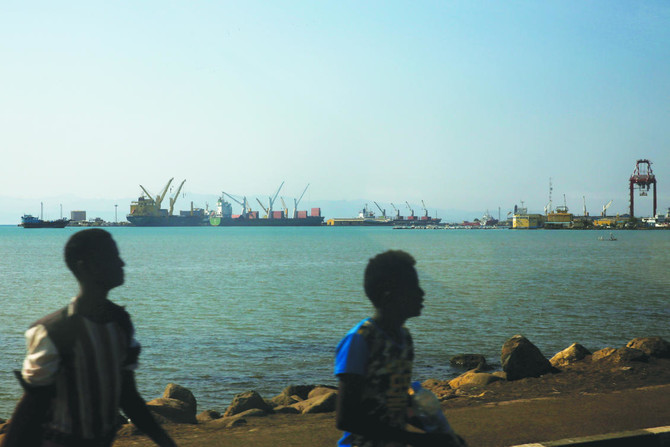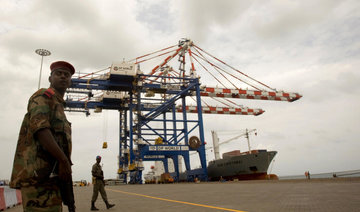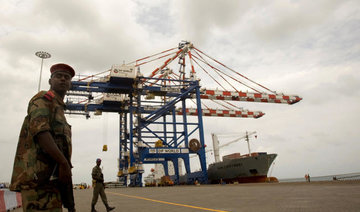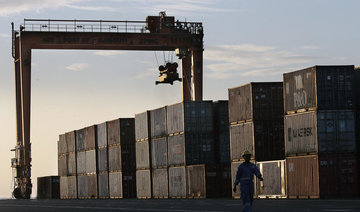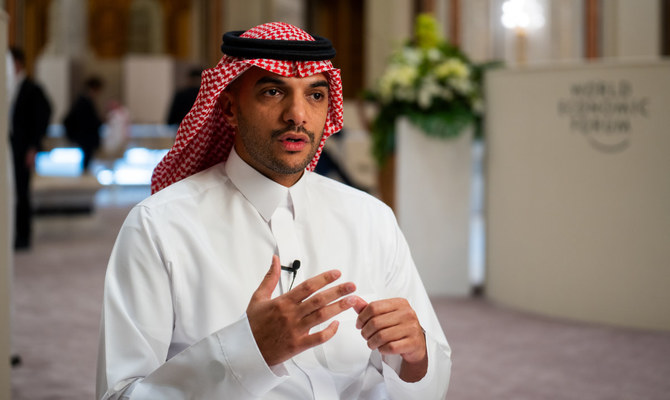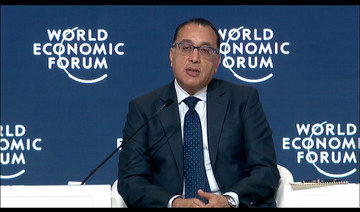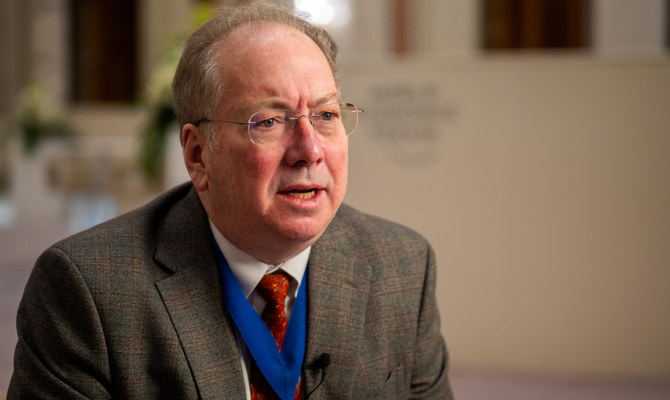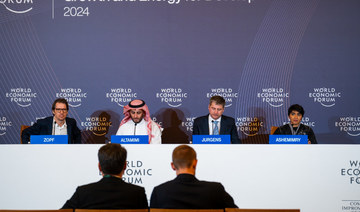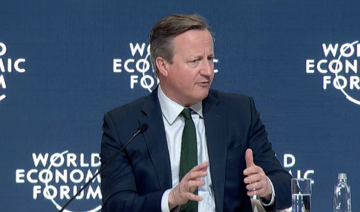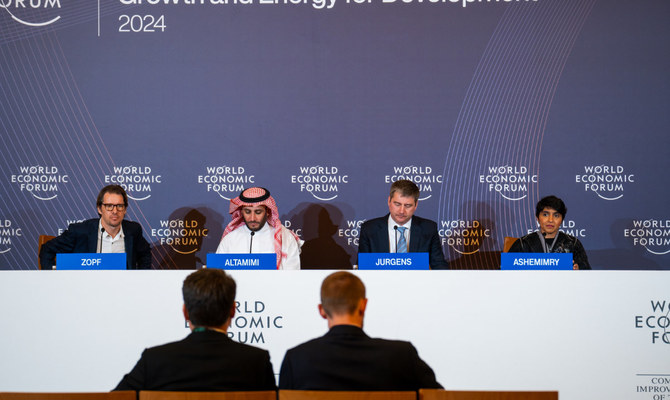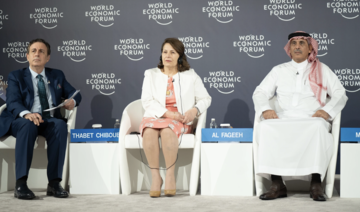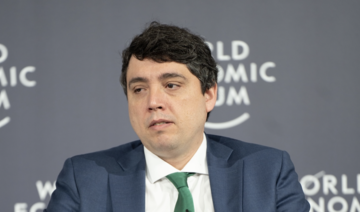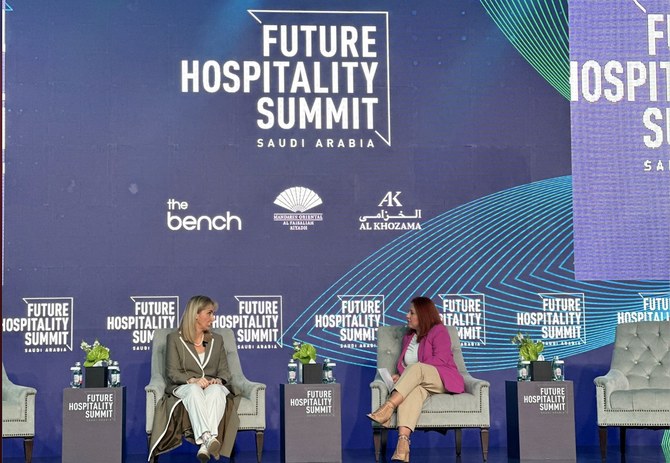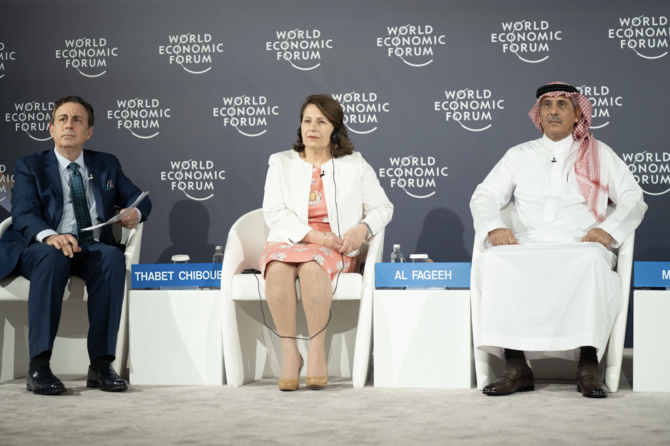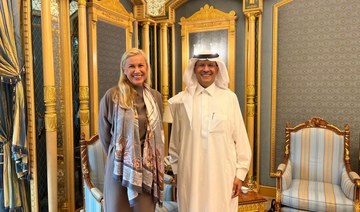LONDON: DP World’s container ports business has much to be happy about. International operations are expanding and producing healthy profits and rising revenue.
But the generally bright picture contains a couple of clouds and for these, look no further than recent developments that have hit the Dubai-run company in the Horn of Africa.
These amply illustrate how regional rivalries are spilling into the Horn, and provide a lens to look at the wider issue of a more assertive UAE foreign policy in Africa during recent years.
The corporate sparks are these: Two weeks ago, Djibouti terminated a contract that allowed DP World to operate the Doraleh container terminal on its east coast. Then, a few days ago, Somalia’s parliament declared “null and void” a deal signed by breakaway Somaliland that brought in Ethiopia as a shareholder in the port of Berbera where DP World is planning to invest $440 million as part of a massive expansion project. Subsequently, the Mogadishu parliament banned the UAE from investing in any part of Somalia.
By way of an explainer, it is worth noting that Turkish business interests have a big presence in Somalia. And Turkey has been a supporter of Qatar in its dispute with other GCC countries spearheaded by the UAE and Saudi Arabia.
“The geopolitical backdrop couldn’t be more important as this is a region where “a plethora of political actors are jostling for position,” said Ahmed Soliman, research associate for the Africa program at London’s Chatham House.
Soliman doubts whether Somalia, which does not recognize Somaliland’s independence, can influence developments in the breakaway state when it comes to Berbera’s development.
But he said: “The Gulf crisis has elevated things. Turkey has been heavily engaged in development and reconstruction in Somalia. Erdogan wants to use Somalia as a gateway for the expansion of Turkish influence, both from the standpoint of business and diplomacy.”
To confuse matters more, some of Somalia’s federal states, displaying their own quasi-independence, have made deals that seem to flout the pro-Turkey foreign policy of Mogadishu. For instance, Somalia’s north eastern statelet of Puntland last year signed a deal with the UAE to develop its port, Bosaso, despite Somalia’s close relationship with Turkey.
Soliman told Arab News that “geography is also a critical factor.” Djibouti had emerged as a strategic focal point next to the Mandeb Strait shipping lane, vital for the flow of Gulf energy to Europe and goods between Asia and Europe.
It has leveraged its location for lucrative basing deals for current and emerging world powers alike. The US, China, Japan, Saudi Arabia, and former colonial ruler France all have bases in Djibouti.
“When it comes to the Horn, we are seeing a read-across from the Gulf crisis,” said Soilman.
The Iran/Saudi split, highlighted by the Yemen war, also plays into this heady geopolitical mix, he said.

Countries of the Horn of Africa have been called on to take sides, according to a recent report in The Economist. And although many officially espouse neutrality, they offer naval and military facilities.
Jason Turvey of Capital Economics in London told Arab News: “Strategic military factors are important, which is why we see the coastal regions of the Horn of Africa become increasingly significant. The point is these port disputes can be used for political purposes. What we have seen recently across Africa and the Middle East is the UAE taking a more hands-on approach to foreign relations.”
Sudan is also noteworthy. On March 13, Sudan’s central bank received a $1.4 billion deposit from the UAE, state news agency SUNA reported, helping to shore up its meagre foreign exchange reserves.
Along with competition among outside players has come greater leverage for the Horn of Africa countries — and they are not afraid to push their own agendas.
Taimur Khan of the Arab Gulf States Institute in Washington wrote in a recent report: “By supporting the UAE’s military and commercial infrastructure plans in Somaliland, Ethiopia — the Horn of Africa’s largest and most powerful country — also contributed to the fracturing of Somalia by encouraging the de facto consolidation of Somaliland’s independence. A weakened Somalia unable to challenge Ethiopia’s dominance by supporting ethnic Somali insurgents is a pillar of Addis Ababa’s regional policy.”
Khan’s paper also points out some home truths. The UAE’s longer-term interests — as well as those of its competitors — are economic and strategic. The country is working to make itself an essential component of China’s Belt and Road Initiative, he said, in order to secure Dubai’s Jebel Ali as the key logistics and trade hub linking Asia to Africa via DP World infrastructure, in the face of competition by a glut of new ports built by rivals with similar ambitions in Iran, Pakistan, Oman, and elsewhere along the Horn of Africa.
DP World is also involved in logistics infrastructure and ports projects in Rwanda, Mozambique, Algeria, and Mali.
In a paper written at the end of last year and published by the Life & Peace Institute, Umer Karim a PhD researcher at the University of Birmingham, expands on the strategic importance of the Horn of Africa to the UAE as well as the specific significance of the Mandab Strait.
Karim said: “Both the Horn of Africa and Yemen overlook the Mandab Strait. UAE understands that in order to become an indispensable actor for the security of this strait, a bulwark against Iranian influence in the region and to check terrorist outfits, it has to expand its presence on both sides of the Mandab Strait.”
The nature of strategic goals pursued by both Turkey and the UAE would “have a huge impact not only on politics within the Horn region but also on its future political order,” according to Karim.


